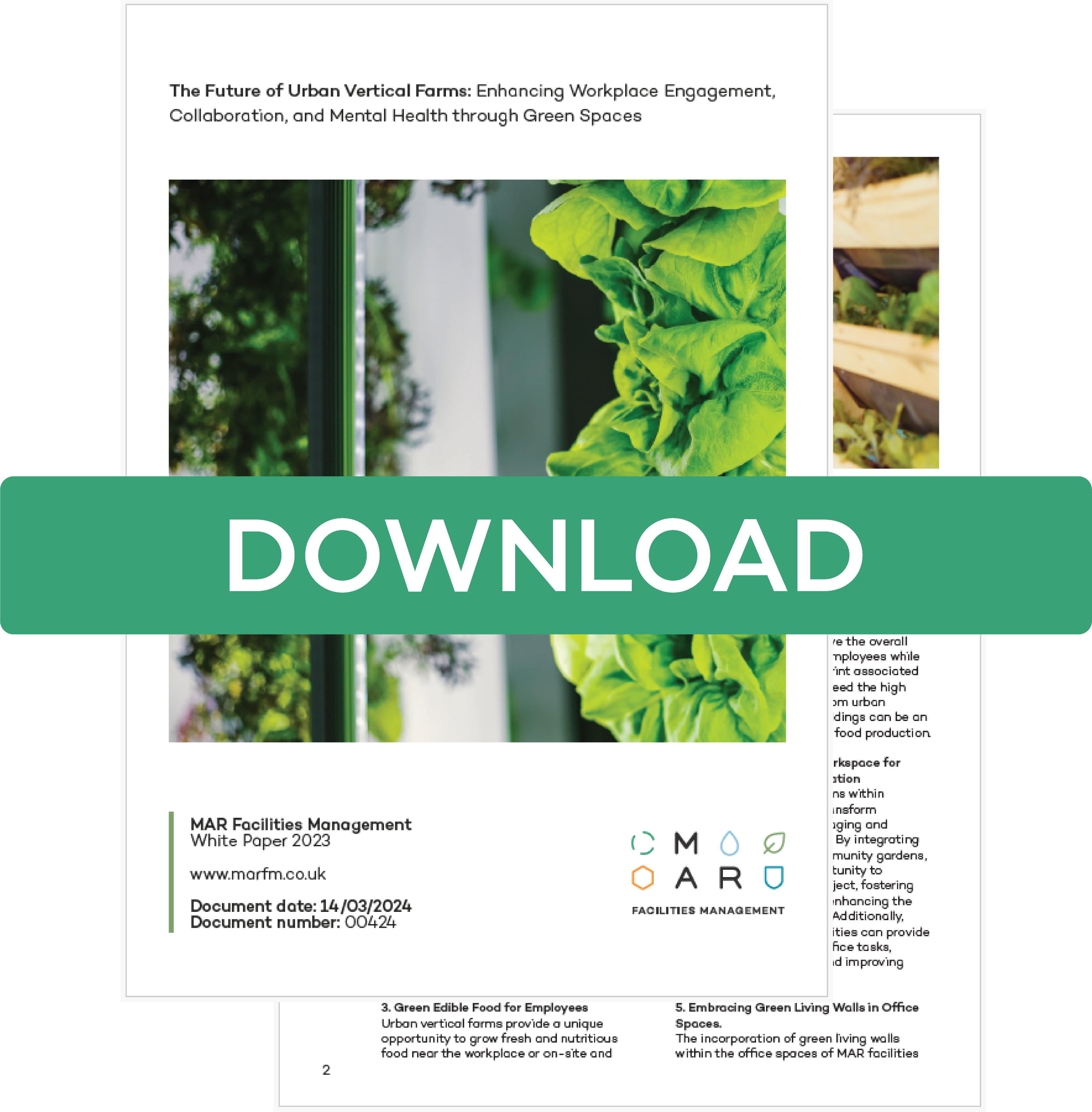Embracing No Mow May
Those passing our Binfield head office may be surprised to find our garden looking wilder than usual.
As part of our commitment to support and safeguard the environment, we are participating in ‘No Mow May’ for the third consecutive year, leaving our lawn to grow naturally.
‘No Mow May’ is a movement that encourages individuals and organisations to let their gardens grow freely throughout May and reduce mowing throughout the summer months.
Choosing not to mow part or all of your garden allows flowers and grasses to grow, providing an essential food source for bees, butterflies and other pollinators, during Spring.
This simple change supports bio-diversity and local ecosystems, creating a network of wildlife-friendly green spaces.
Reasons to take part in ‘No Mow May’:
Biodiversity boost: Allowing grass and plants to grow freely encourages a diverse range of flora and fauna to thrive. This means more wildflowers, insects, and birds making our outdoor spaces their home. By nurturing biodiversity, we contribute to a healthier ecosystem.
Pollinator paradise: Bees, butterflies, and other pollinators are crucial for food production and ecosystem health. By providing them with a natural habitat filled with nectar-rich flowers, we support their populations and help ensure the pollination of crops and wild plants alike.
Carbon footprint reduction: Lawn mowing may seem like a mundane chore, but it has environmental consequences. Gas-powered lawnmowers emit greenhouse gases and contribute to air pollution. By reducing our mowing frequency, we’re cutting down on carbon emissions and doing our part to combat climate change.
Cost and time savings: Letting the grass grow during May means less time and resources spent on lawn maintenance. For companies that require grounds maintenance services, this translates to cost savings, allowing them to allocate resources to other impactful sustainability initiatives.
Employee Engagement: Participating in ‘No Mow May’ isn’t just about environmental stewardship; it’s also an opportunity to engage employees in meaningful activities outside the office.
Getting involved in tending to green spaces fosters teamwork, well-being, and a sense of pride in our collective efforts to make a difference.
‘No Mow May’ forms a small part of our sustainability initiatives, as we transition towards environmentally friendly practices.
Through our sustainable landscaping and grounds maintenance services, we can support clients with the restoration of green spaces, the introduction of living walls and plants into their built environments and the inclusion of urban farms in their office spaces.
Enhancing Workplace Engagement, Collaboration, and Mental Health through Green Spaces
This white paper explores the potential benefits of implementing urban farms, specifically the Square Mile Farming model, within the MAR facilities management offering.
The focus is on how these urban farms can provide green edible food for employees, foster an inviting co-working workspace for engagement and colleague collaboration, embrace green living walls in office spaces, and create a green workplace environment that supports the mental health of employees and visitors to the building.
To illustrate the viability of this approach, specific examples from the UK and London office environments will be discussed, highlighting how growing plants at work can benefit us all.
White Paper Overview:
01. Introduction
02. The Square Mile Farming Model
03. Green Edible Food for Employees
04. Fostering an Inviting Workspace for Engagement and Collaboration
05. Embracing Green Living Walls in Office Spaces
06. Creating a Green Workplace Environment
07. Specific Examples from the UK and London Office Environments
08. Conclusion


